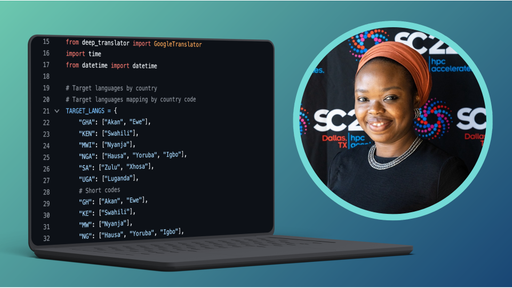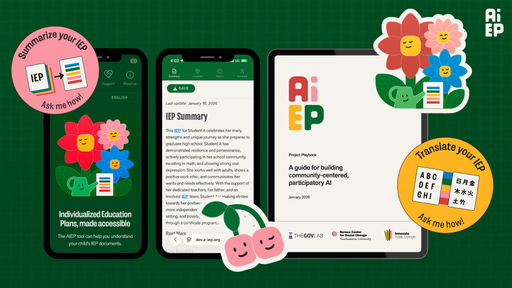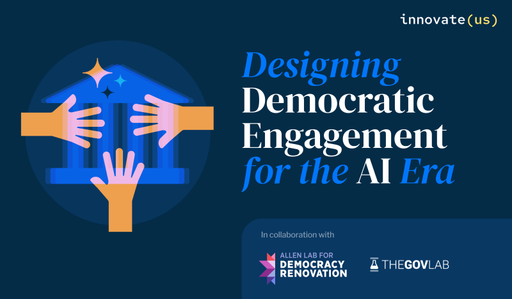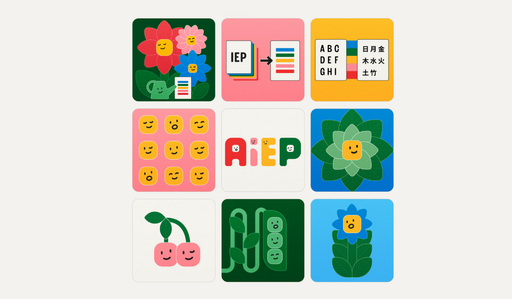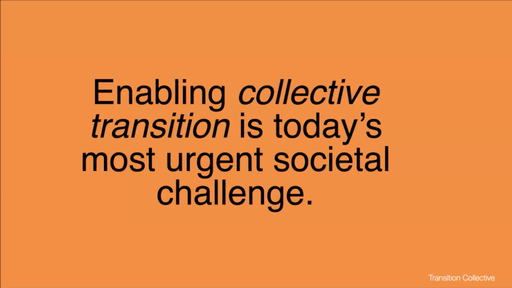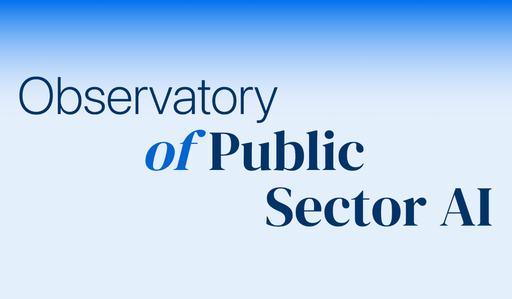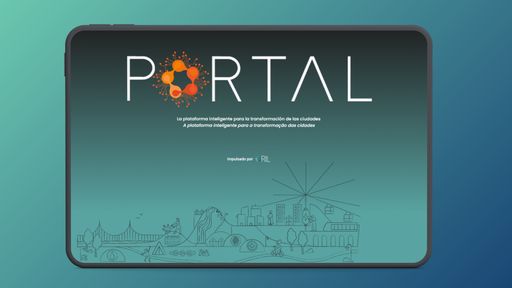
Government Strategy Needs Reimagining: An Experiment from Argentina
In Argentina, the Red de Innovación Local (RIL) experimented with its AI-powered platform, PortalRIL, to shift from fragmented work plans to an inquiry-driven planning process anchored in a “Question Tree.” By surfacing patterns, trade-offs, and synergies across teams, AI helped compress months of coordination into weeks of shared clarity. The result suggests that AI’s real promise is to expand strategic horizons and accelerate collective insight, freeing public servants to focus on judgment, identity, and long-term public value.


